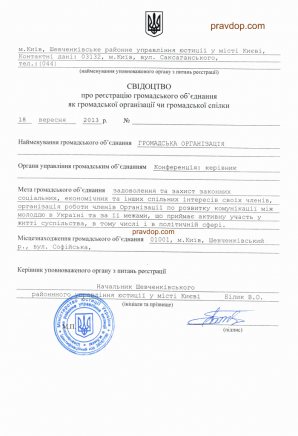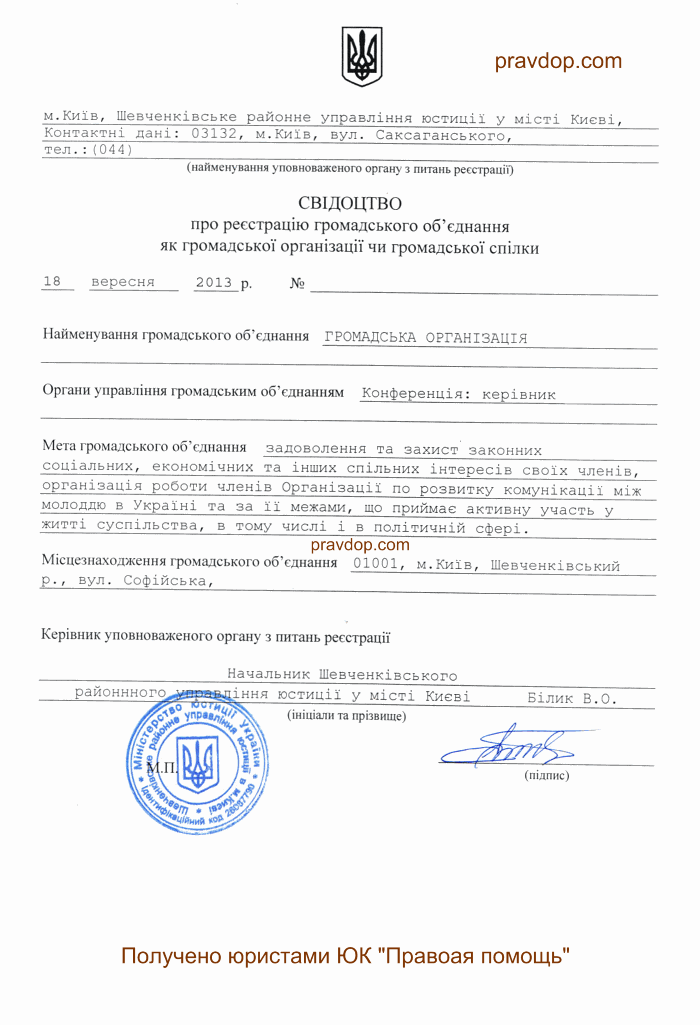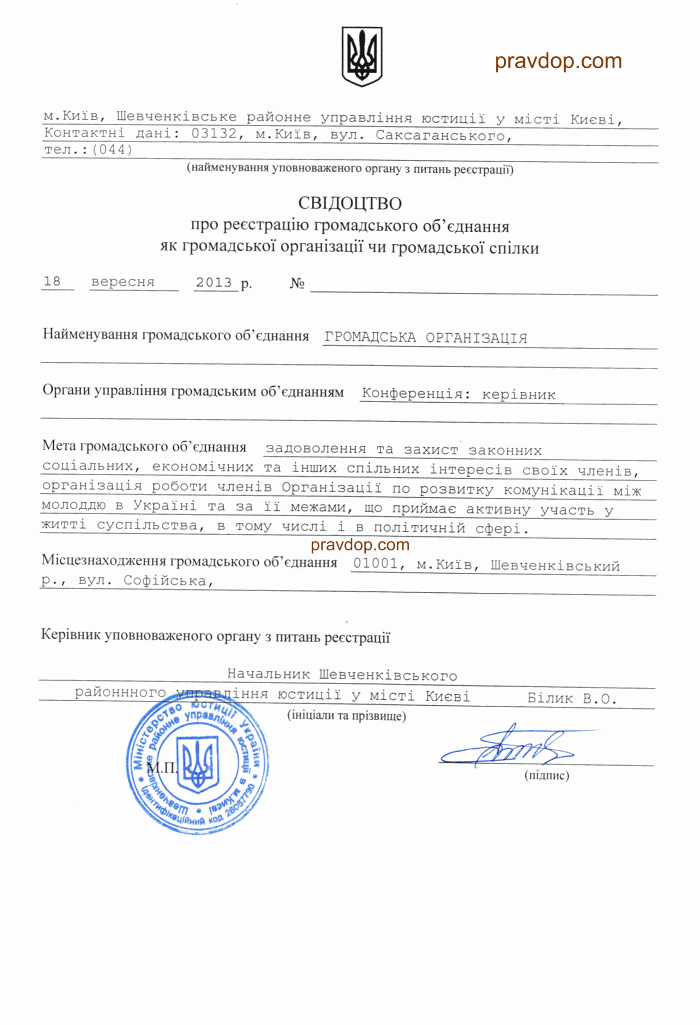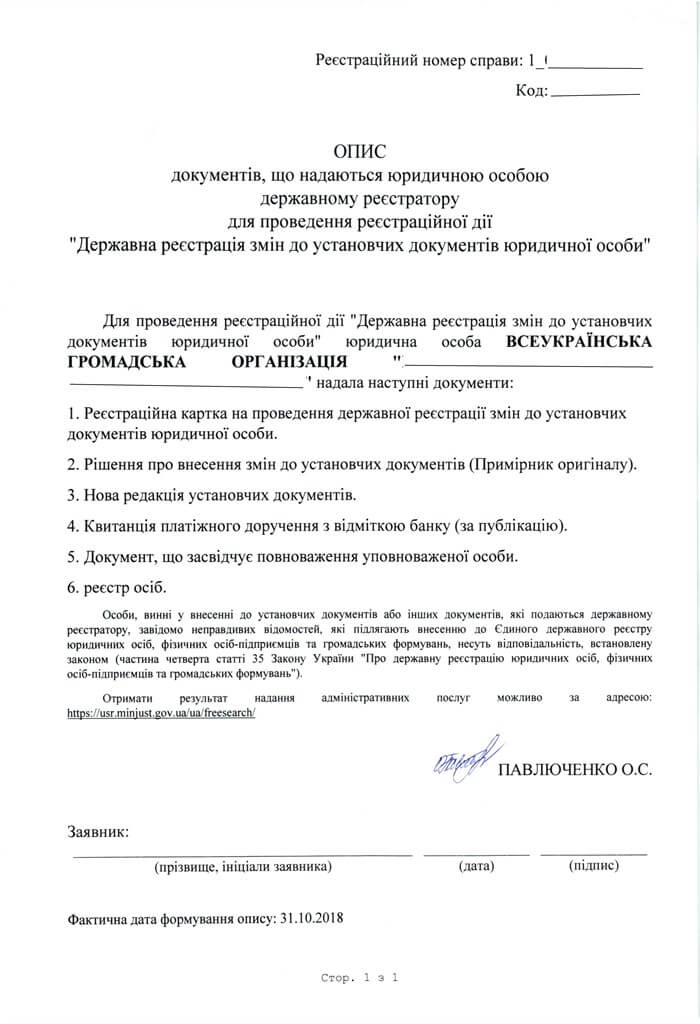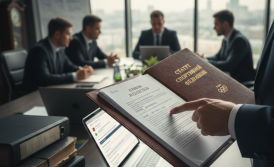Conferences of non-governmental organizations: problem issues, particularities of procedure
Cost of services:
Reviews of our Clients
Non-governmental organizations is a race of interests and ambitions. It becomes especially hot during annual reporting and election conferences.
We will discuss the most frequent issues arising during the conferences:
- Legitimacy of the conference participants;
- Appointment of the conference delegates;
- Procedural peculiarities of the conference;
- Presentation of the conference results, etc.
In the article you will find the answer to the question: How to organize the conference of your non-governmental organization (hereinafter - NGO) to make its results effective and legitimate?
Why might the legitimacy of the conference come into question?
The law sets rather clear requirements for the conference procedure, which are usually supplemented by the provisions of the charter. One of the most significant and sensitive issues for NGO conferences is the legitimacy of its members. The second is a presence of a quorum.
All organisation’s members are often on an equal footing, but there can be so many of them (e.g. sports federations) that it is extremely difficult to get everyone together. In such cases, the NGO’s charter provide for the institution of representatives - delegates.
The legitimacy of the conference may come into question if:
- Delegates are not properly elected and sent;
- There is no list of the organisation’s members and it is impossible to prove that those who are present make up the necessary minimum of the total number of the organisation’s members.
- Any errors occured in the conference procedure.
Procedure for electing and sending delegates to the Conference
Despite the legal requirement, the rules of the procedure for electing delegates and compliance with quotas are frequently ignored in the regions.
But if it’s not clear who sent who and what powers they delegated, this precisely mean the invalidation of the meeting results.
The procedure for sending delegates may be stipulated in the charter. To ensure its legitimacy, it is necessary to:
- Have lists of regional members or designate members with full voting rights (where provided for in the charter);
- Request not only the original minutes of the meeting of the local representative offices, but also the registers of members to obtain reasonable assurance regarding the presence of a quorum.
Such minutes shall be drawn up and signed as meeting minutes of the local unit of the parent (as a rule, All-Ukrainian) organization.
Note! These minutes shall not be signed as minutes of independent non-governmental organizations, which, de jure, are registered as separate legal entities, but are actually members of the parent organization. If the minutes are signed on behalf of such a local organization or stamped with its seal, they are deemed invalid.
Conference Agenda
To properly build the conference agenda, it is necessary to:
- Approve and communicate the conference agenda to the organization’s members well in advance;
- Receive feedback from the organization’s members, as they are entitled to propose additions to the agenda or nominate other candidates for elective posts.
The law doesn’t stipulate any provisions regulating these issues, so this point should be specified in the NGO’s charter. As a rule, conferences are convened by a governing body (e.g. the Board), which also approves a draft agenda.
It is highly recommended to hold a Board meeting once again before the conference and approve the final agenda taking into account all the proposals received. This will allow to lawfully set any hard questions related to the agenda aside at the conference, as it is already approved by the Board.
Our service: Registration of Charter-Related Changes For an NGO In Ukraine
Key things to bear in mind during the conference
If any registration actions are required at the end of the conference, such as registering new executives or a new version of the charter, please note the following:
- Even in case of minor changes in the management bodies, for example, one Board member stopped attending the meetings and he/she is replaced with another person, they shall also be registered! According to the law, all these changes shall be registered within two months.
- The subsequent registration of any changes requires the minutes of the meeting of the organization’s members. It shall be drawn up strictly in accordance with the law, without any additional abscripts, corrections, inscriptions with a pen of those who also decided to come to the meeting at the last minute, etc.
Related article: Our Lawyers helped to Replace Management and Amend Charters of Two NGOs in Ukraine
- All the attendees shall personally sign the register of the conference participants.
Note! The minutes often contain comments of the attendees. If there are any, all commenting attendees shall mandatorily sign the register.
- All candidates nominated to the governing bodies shall declare in writing that they have no objection to their election.
Conclusion
The NGO conference procedure has a huge number of pitfalls. In case of the slightest deviation from the procedure provided by law, the resolution of your conference will not be legitimate.
If you want everything to go smoothly and ensure the successful registration at the Ministry of Justice of Ukraine, follow the rules and regulations prescribed by the law and your NGO’s charter, or contact our lawyers for legal support and assistance. This will reduce your problems and concerns to zero, as the whole process will be well-regulated and controlled.
Remember: Correcting mistakes made during the conference is time-consuming and costly.
Our clients



